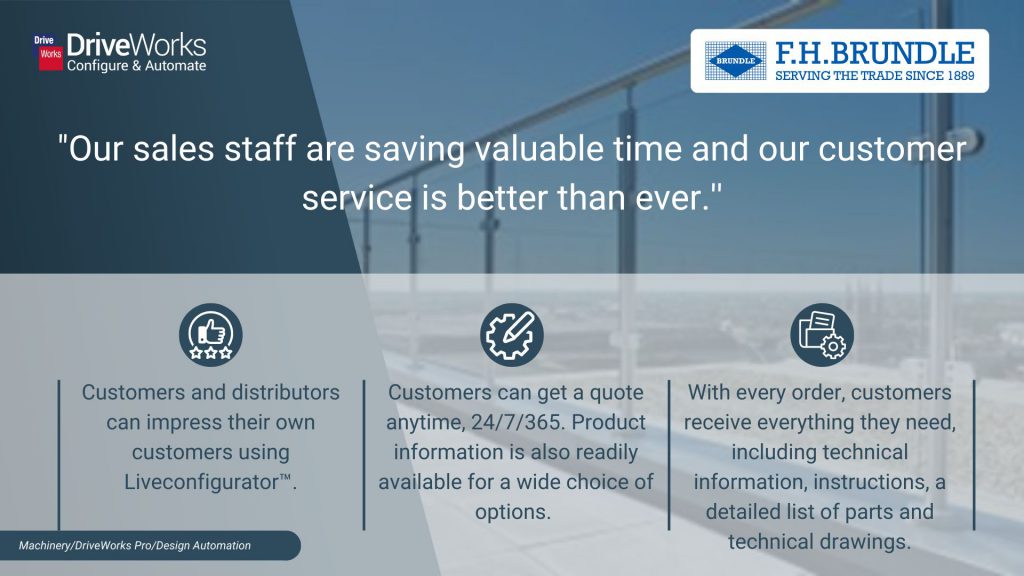
How are Digital Technologies Creating & Accelerating Jobs?
Digital transformation refers to using digital technologies to create new or modify existing processes within an organization. Adopting digital technologies is enabling companies to increase efficiency, improve accuracy, streamline business-to-consumer relations, boost speed, and innovate.
Embracing digital technologies brings many benefits to manufacturers. It helps businesses to stay ahead of their competition and improve traditional processes for workforces. Technology is driving the manufacturing industry forward and helping organizations to succeed, as well as their employees.
Technology aids communication and innovation within a business. The development of product lines and a growing workforce in the current acceleration of technological advancement calls for the adoption of digital technologies.
Technology can make jobs more efficient and accessible, driving economic growth. With that, job opportunities are accelerating.

What do digital technologies mean for those working within manufacturing?
Digital processes make it easier for organizations to anticipate and adapt to changes, including employees. This provides better opportunities for growth. Investing in digital also means investing in your workforce. All teams can feel the benefits of digital transformation. Automating mundane, repetitive tasks and reducing errors improves job satisfaction. Using digital technologies frees up employees to be more productive, and focus on what humans do best – adding value.
Manufacturing companies are going through a time of transformation, with opportunities created by technology. Traditional operations are being replaced by more efficient processes, and workforces are learning and evolving too.
Challenges for Employers
Fear of Change
Whilst there are many benefits to digital transformation, resistance from employees is a common barrier to success.
The fear of the unknown is sometimes too much, especially for those having to learn new skills. There are often fears about changing things that already work. Those who are comfortable with their current processes can be resistant to making changes and improvements.
Misconceptions
One of the biggest misconceptions about digital transformation is the idea that absolutely everything will change all at once, and workforces will need to adapt quickly to an entirely new way of working. It is important to support the learning and development of employees gradually and with small, incremental changes. Starting small is a great way to see benefits and build on them, whilst allowing employees time to grasp technologies at a steady pace.
There is also a misconception that digitizing areas of a company means a loss of jobs. It is estimated that technology will create 12 million more jobs than it removes.
Digital technologies make monotonous jobs easier by freeing up employee time, enabling them to work more efficiently and dedicate time to more creative, valuable tasks.
Overcoming Resistance
Employers need to communicate with employees and explain how technology can improve day-to-day tasks. Human and digital workforces should work hand in hand, to make entire business systems work better. Acknowledging fears can make employees feel valued and listened to. Adopting new tools and technologies is the ideal opportunity for individuals to learn new skills, the valuable skills necessary for a future-ready workforce.
Opportunities for Employees
Creating Opportunities
Automation is freeing up engineers, enabling them to get through more orders in less time, and giving them time to focus on improving product quality and developing new products if needed. Sales teams are becoming more proficient meaning customer inquiries are being dealt with faster and with better detail. Because of this, employees are more likely to feel happier in their role, increasing retention, and giving them time to learn more skills and bring additional value and ideas to the team.
Driving Innovation
Embracing new ideas and developing new capabilities drives innovation within companies. Being innovative is important for organizations to execute if they want to remain competitive in a global market. Business leaders being positive about innovative change can inspire employees to be more creative with how they can use technology to complete tasks, and finding ways to digitize tasks so they can be done quicker. For design engineers, this could mean more can be dedicated to designing new product lines.
Championing Automation
Automation has been shown to have a positive effect on jobs, as those working with digital machines are more productive than those without.
Automation isn’t limited to machinery and equipment. Business Process Automation and Design Automation enable businesses to work smarter. Automation uses information and data to manage routine processes, reduce errors and costs, increase productivity and improve efficiency.
By using technology to automate key business processes, organizations are driving positive change and are already being rewarded. Automating tasks across an organization increases operational and economic efficiency. Customer experiences are also improved as lead times are shorter and errors are reduced. Team members are more productive and have better job satisfaction.
Upskilling
There has never been a better time to build skills with technology. Technology is becoming integrated into everything we do, accelerating opportunities in the job market, and within companies for existing employees.
Upskilling helps employees stay relevant to companies that are adopting digital transformation methods. Businesses are taking the opportunity to invest in the future of their enterprise- including in their workforces.
By keeping up with technology, employees are creating an easier transition to a more digital future, making themselves more agile. Upskilling and reskilling should be seen as an investment in the future of an organization.
Learning new skills leads to increased job satisfaction and makes employees feel more confident in their abilities.
Employees can choose to embrace digitalization, learn it and use it, and become experts in it – or their skills will become outdated. Employees who embrace, learn, use and champion digital transformation are the ones who will carry the skills needed.
Those embracing the change by learning and developing skills in digital will accelerate their careers.

Bridie Mills
Community & Onboarding Manager, DriveWorks
“Digital technologies are constantly evolving and transforming, and this evolution is rapidly changing the job market. Exploring jobs in digital will enable you to be at the forefront of technology during an incredibly exciting time in the industry.
Working with the latest technology also gives you the opportunity to upskill and develop in your role ensuring continuous professional development.”

How are DriveWorks Customers Embracing Technology?
F.H. Brundle is a family-owned business, founded in 1889, they are wholesalers of steel products which includes a market-leading range of handrail and balustrade systems. F.H. Brundle stocks over 8,500 products, and new lines are continuously being added.
Since implementing DriveWorks, F.H. Brundle has benefitted by:
- Employees save time estimating, quoting, and drawing
- Staff and customers automatically receive technical documentation
- They have developed Liveconfigurator, an online 3D configurator for their internal teams, distributors, and customers.
- Customers can configure and get a quote anytime, 24/365
Find out more about how F. H. Brundle is automating with DriveWorks here.